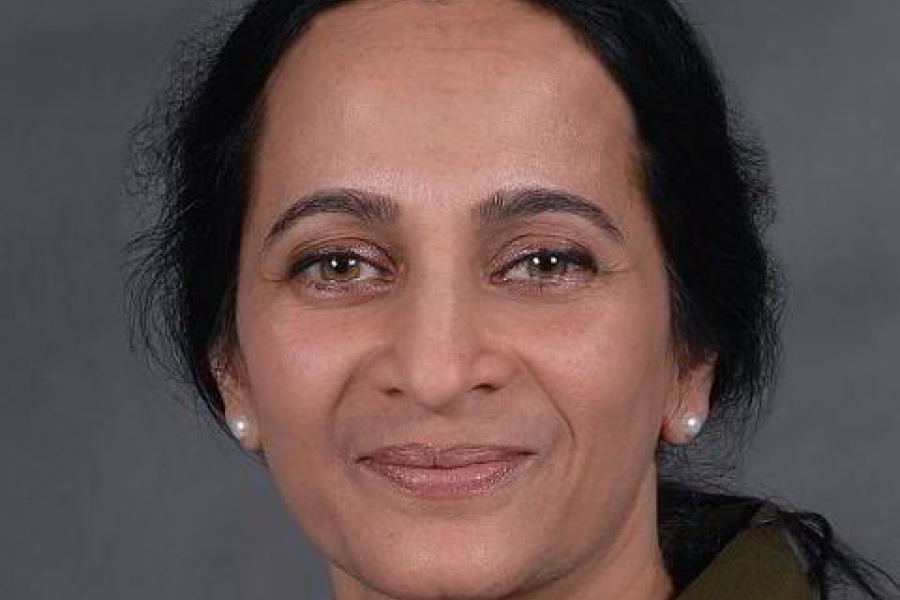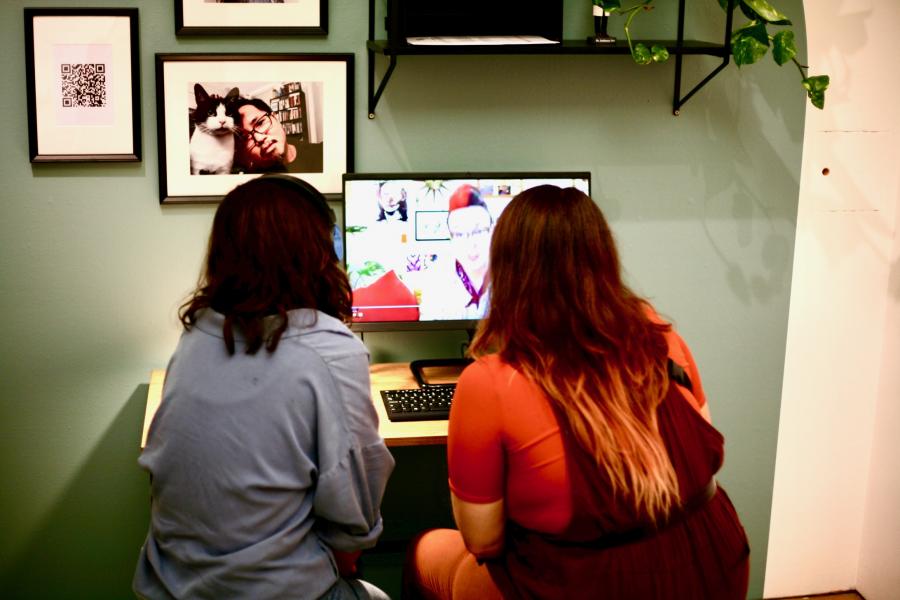School of Peace and Conflict Studies

Ohio Educators Heading to Á˝ĐÔÉ«ÎçŇą Peace Conference in Rwanda
Jeffrey Hartmann, Ph.D., principal of Stow-Munroe Falls High School, said he was interested in attending the conference to learn skills to deal with his school district’s changing landscape.

Á˝ĐÔÉ«ÎçŇą and University of Rwanda Build on Tragic Pasts to Forge Global Peace
Á˝ĐÔÉ«ÎçŇą University is building on the legacy of May 4, 1970, and the mission of its School of Peace and Conflict Studies, when it joins forces with the University of Rwanda in July to help advance peace education across the globe.

Queer Pandemic Collaborative Project Part of Award-Winning UK Museum
Questions of Race, Colonialism, and Nuclear War Discussed on International Day of Peace

Second International Graduate Colloquium on Cultural Memory Studies
The Department of English, School of Peace and Conflict Studies, Department of Political Science and Department of Africana Studies are collaborating with South Korean universities, Chonnam National University and Jeonbuk National University, to bring Á˝ĐÔÉ«ÎçŇą the Second International Graduate Colloquium on Cultural Memory Studies.

Researchers Gather LGBTQ+ Stories of Resilience During the Pandemic
Molly Merryman, Ph.D., associate professor in Á˝ĐÔÉ«Îçҹ’s School of Peace and Conflict Studies, and Lauren Vachon, assistant professor in Á˝ĐÔÉ«Îçҹ’s LGBTQ studies program and coordinator of the LGBTQ studies minor program, were instrumental in obtaining a $35,000 grant from the U.S. Department of State for the project Resilience During the Pandemic: LGBTQ+ Stories.

Professor Landon Hancock Receives Fulbright Specialist Award to Colombia at Pontificia Universidad Javeriana
Upcoming Talks on Society, Technology, Peace and Security (March 16 and March 23)

Opinion: Addressing Racial Injustice Is in the Interest of All Americans, Says Neil Cooper, Ph.D., Director of the School of Peace and Conflict Studies
Neil Cooper, Ph.D., director of the School of Peace and Conflict Studies, says civil disturbances of the kind witnessed since the death of George Floyd represent moments of opportunity for societies.
Curated May 4 Oral History Clips Paired With Online Interactive Map of Kent From 1970
They remember the sights and sounds of helicopters and trucks as the Ohio National Guard moved into their small college town. They remember the smell of tear gas. They remember the chants of the protesters against the Vietnam War and invasion of Cambodia. They remember the panic and fear that ensued immediately after they heard that four students were killed and nine wounded when the guardsmen opened fire on campus. On May 4, 1970, many people in Kent experienced a traumatic event that they will never forget.